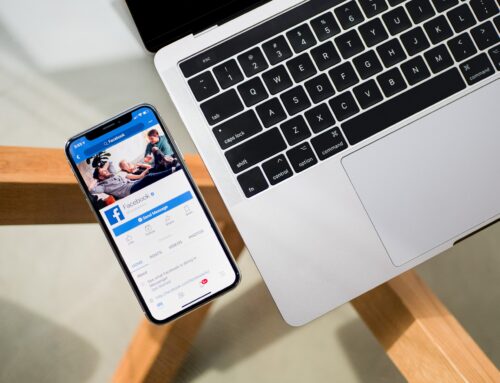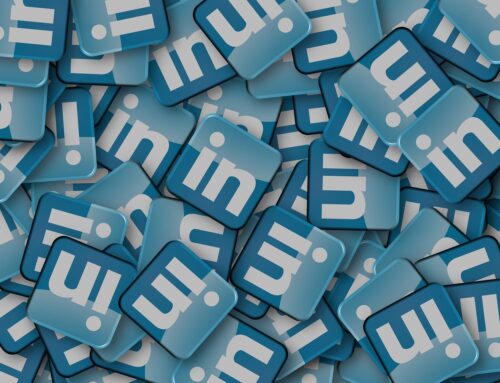Whether you are involved in social media marketing, digital marketing or just curious about these topics, you probably are well aware of the latest Facebook hack. And by saying “latest” rather than simply “the Facebook hack,” it is a sign that anyone with a social media account has to be careful.
Although the company’s leadership tried to offset worries by saying that 50 million accounts (the number of accounts compromised in the hack) is not substantial when you consider their billions of accounts, you shouldn’t ignore the issue.
The New York Times did a somewhat extensive report on the latest breach and explained that hackers had used a weakness in the “View As” feature that allowed them to “gain access to digital keys that let people access Facebook from a personal device without having to re-enter a password. The keys could then be used to take over people’s accounts.”
That’s fairly substantial, and though security measures have been implemented, we thought it would be helpful to give you a few steps necessary to overcome the potential threats.
Could There Be a Social Media Marketing Hack?
A lot of users might not realize anything fishy is occurring because there are so many changes to Facebook as time passes. From the ways that social media marketing has begun to dominate the platform to the ways that videos and images begin automatically as you scroll, some forms of digital marketing can make it difficult to determine if an account has been hacked.
Of course, many wonder why hacking is even beneficial to those who try to gain access to the site. The answer is simple – the mountains of personal data that Facebook has accumulated is a treasure trove to hackers. Whether they sell it or use it for digital marketing, it represents a huge amount of valuable information.
So, if you want to be sure you have not been hacked, and if you have, what to do, just use these simple steps:
- Change Your Password – Though Facebook says there is no risk, just go ahead and change your password and log out of every device as you do. Then log back in to each with the new password.
- Device Audit – And while we are on the issue of devices, use your Security and Login screen to see the devices currently signed into your account. If there is something unfamiliar, just “Remove” it.
- Use Authentication – Two factor authentication sends a code to your registered mobile that has to then be entered into Facebook in order to gain access to an account. This is what Facebook has used to ensure all accounts were re-secured after the breach.
Because Facebook is a leading player in social media marketing, it is not going anywhere. You will want to keep your account active, but also make it secure. If you are involved in social media marketing and broader digital marketing, it is also important to track these hacking events. They leave users worried about vulnerabilities.
At Organically, we know you cannot ditch digital marketing, since it is the backbone of most modern marketing efforts. However, we know it can be difficult to navigate around the risks. Let us be your partner in safe and secure Facebook (and other social media) marketing.





 CERTIFIED EXPERT
CERTIFIED EXPERT